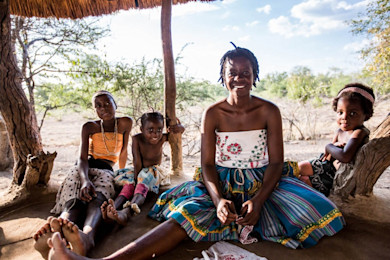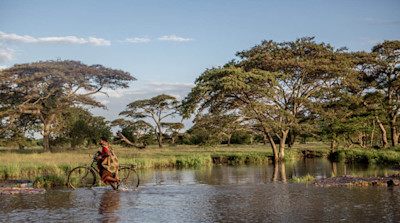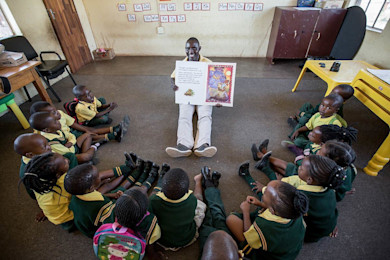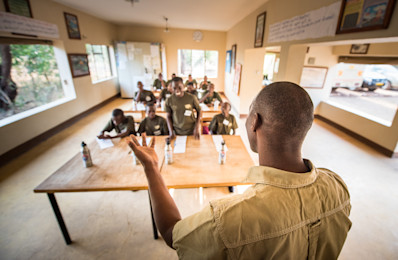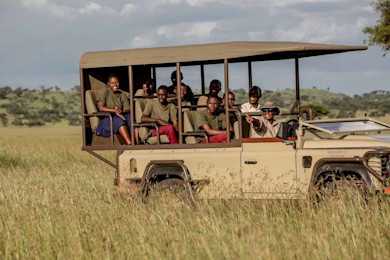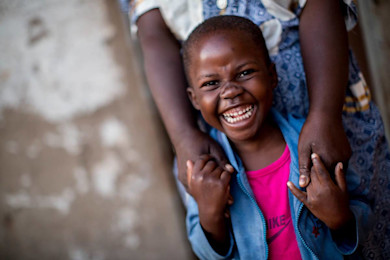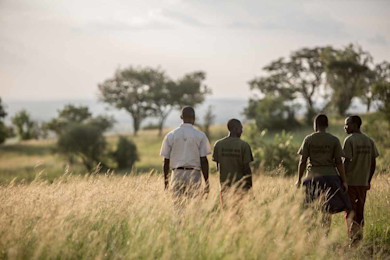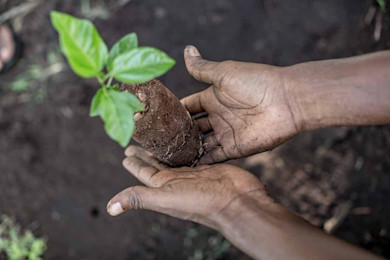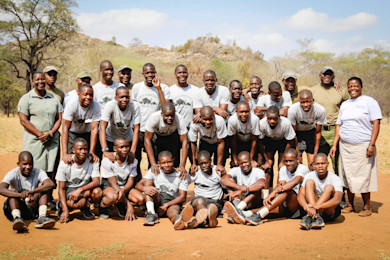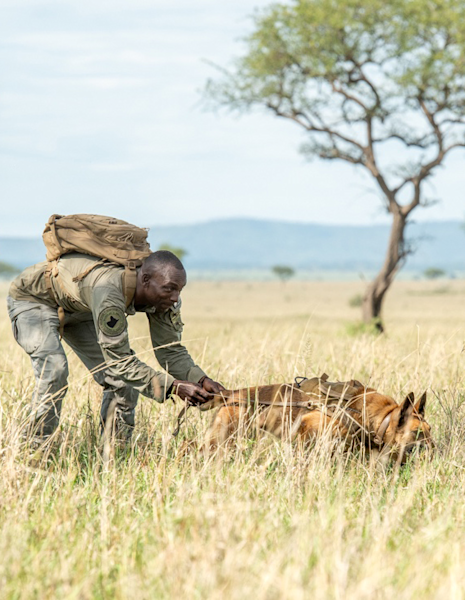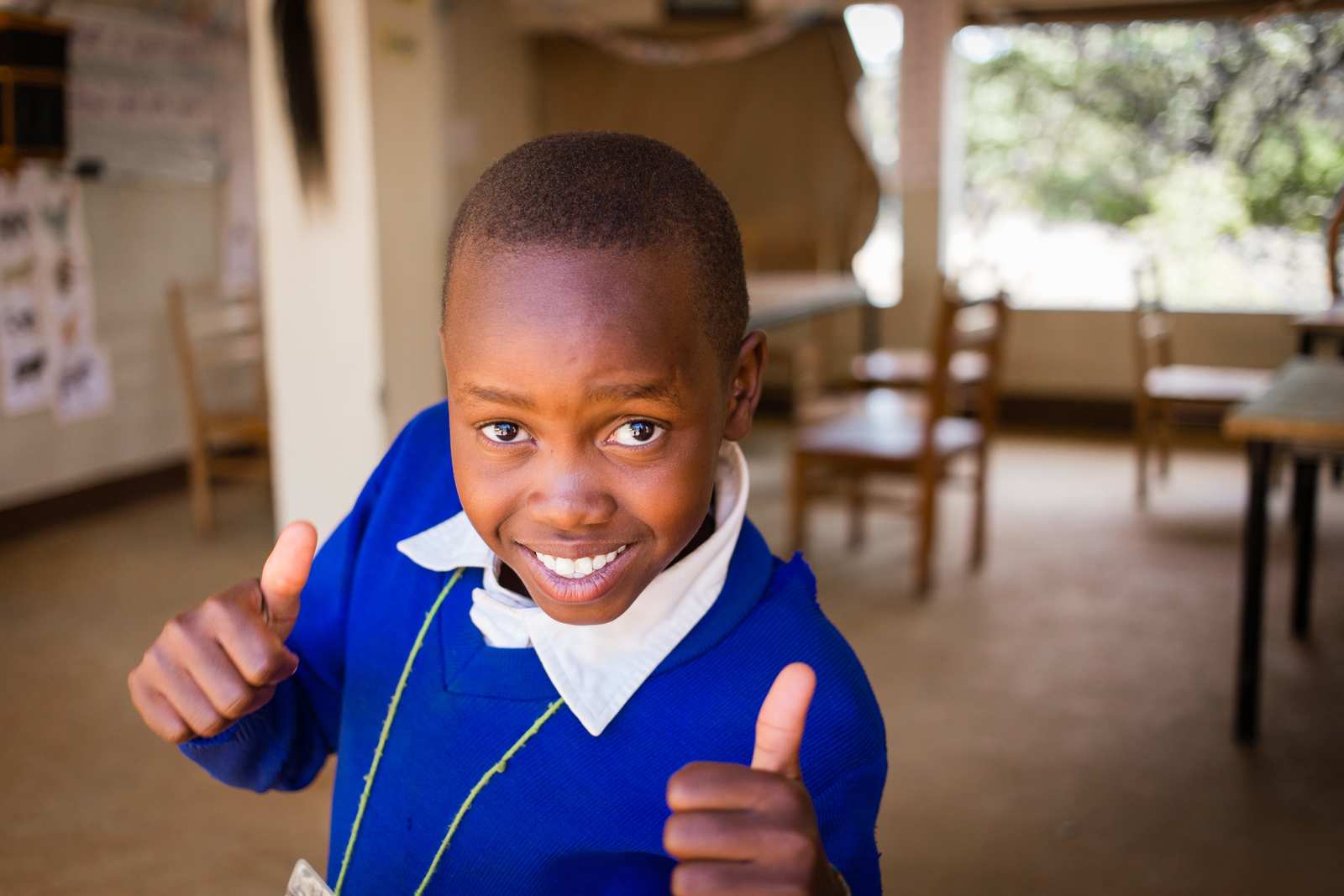
English Immersion Camps
Fluency in English in the context of Tanzania is a form of human capital that is useful in seeking employment. There is a pattern whereby higher-prestige jobs tend to employ English speakers due to a low supply.
Fluency in English in the context of Tanzania is a form of human capital that is useful in seeking employment. There is a pattern whereby higher-prestige jobs tend to employ English speakers due to a low supply. For the average Tanzanian however, English language skills are difficult to acquire. Nationally, government primary schools are taught in Swahili while secondary schools are taught in English. Transitioning from one language medium to another proves challenging for many students and plays a role in academic performance and school dropouts. Without a degree, formal employment opportunities for youth are immediately limited.
The Grumeti Fund’s English immersion project is structured to help youth achieve higher levels of education by enhancing the skills of teachers to teach English and building confidence among youth to learn English as a second language. If the quality of English language instruction in primary schools is enhanced, and students gain greater confidence and interest in speaking English, students will be better equipped to advance in their school studies, thus opening doors to continued education and rewarding careers.
How does it work?
chevron-right
Key Successes
chevron-right
How can I support this project?
chevron-right
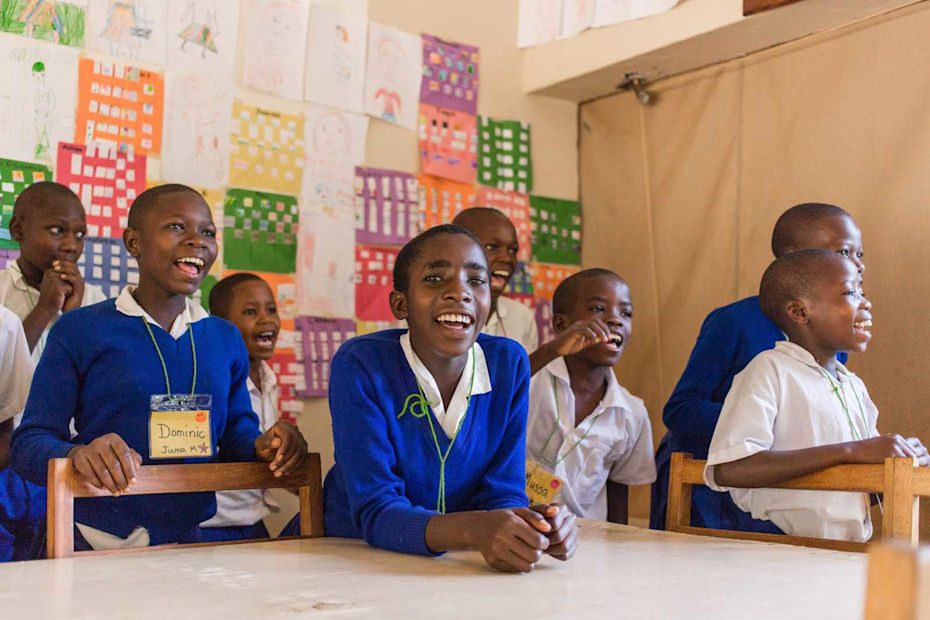
English Immersion Camps
CommunityShare:
Conservation Partner
Grumeti Fund
As the custodian of more than 350,000 acres of the world-renowned Serengeti ecosystem in Tanzania, Singita’s partnership with Grumeti Fund has had a profound impact on the Serengeti ecosystem. The non-profit Grumeti Fund carries out wildlife conservation and community development programs in and around the Singita Grumeti Reserve.
Faced with challenges including uncontrolled illegal hunting, rampant wildfires and spreading strands of invasive alien vegetation when they took over the management of the area in 2003, the Fund dedicated itself to transform severely depleted wildlife numbers into thriving populations once more. Restoring this once barren and highly degraded region to a flourishing wilderness, their successes include the remarkable recovery of many species – including buffalo, wildebeest and elephant populations, and in 2019, the Fund carried out the largest single relocation and reintroduction of 9 critically endangered Eastern Black Rhino.
The non-profit Fund is fiscally independent in its conservation and community project operations. Funds are derived in the form of donations from Singita guests, NGOs and philanthropists seeking to make a lasting contribution to the sustainability of conservation work in Africa.
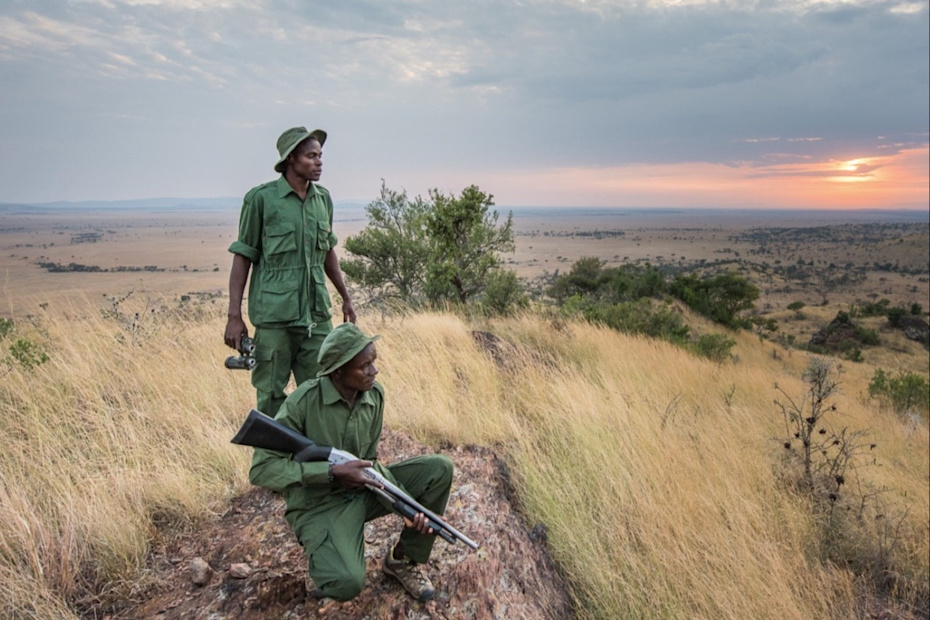
Other Community Projects
AllRwandaTanzaniaZimbabweSouth Africa
AllRwandaTanzaniaZimbabweSouth Africa


